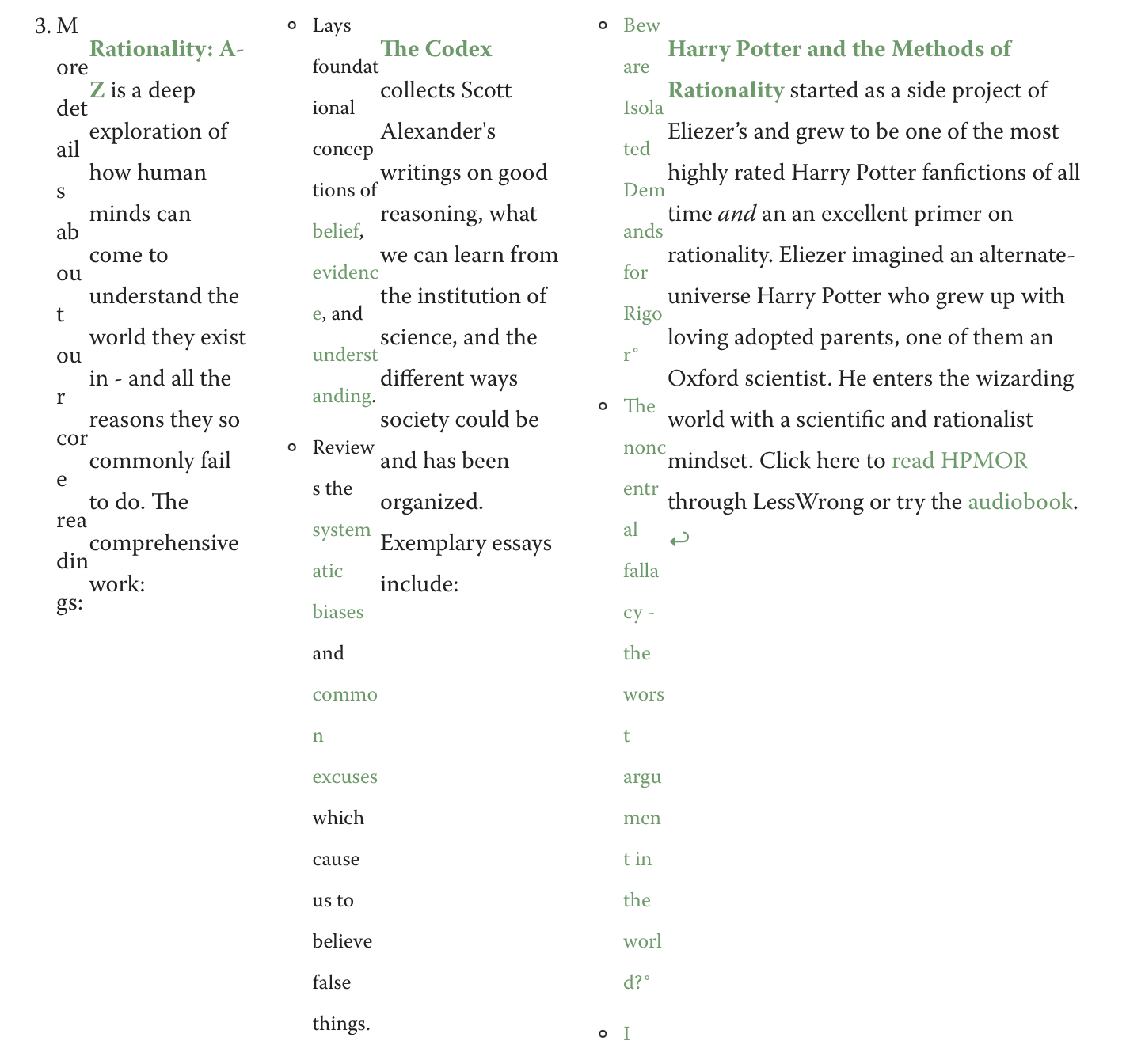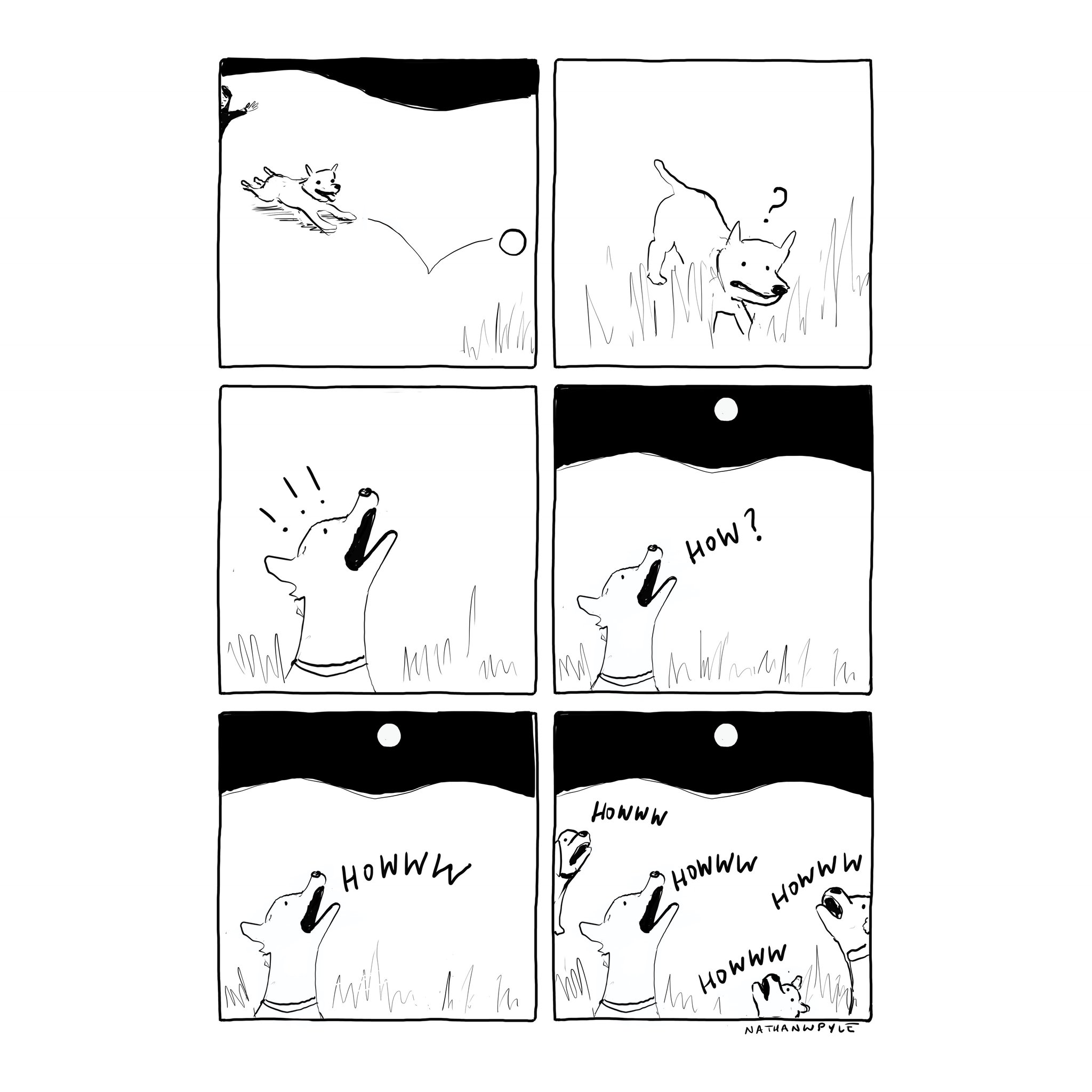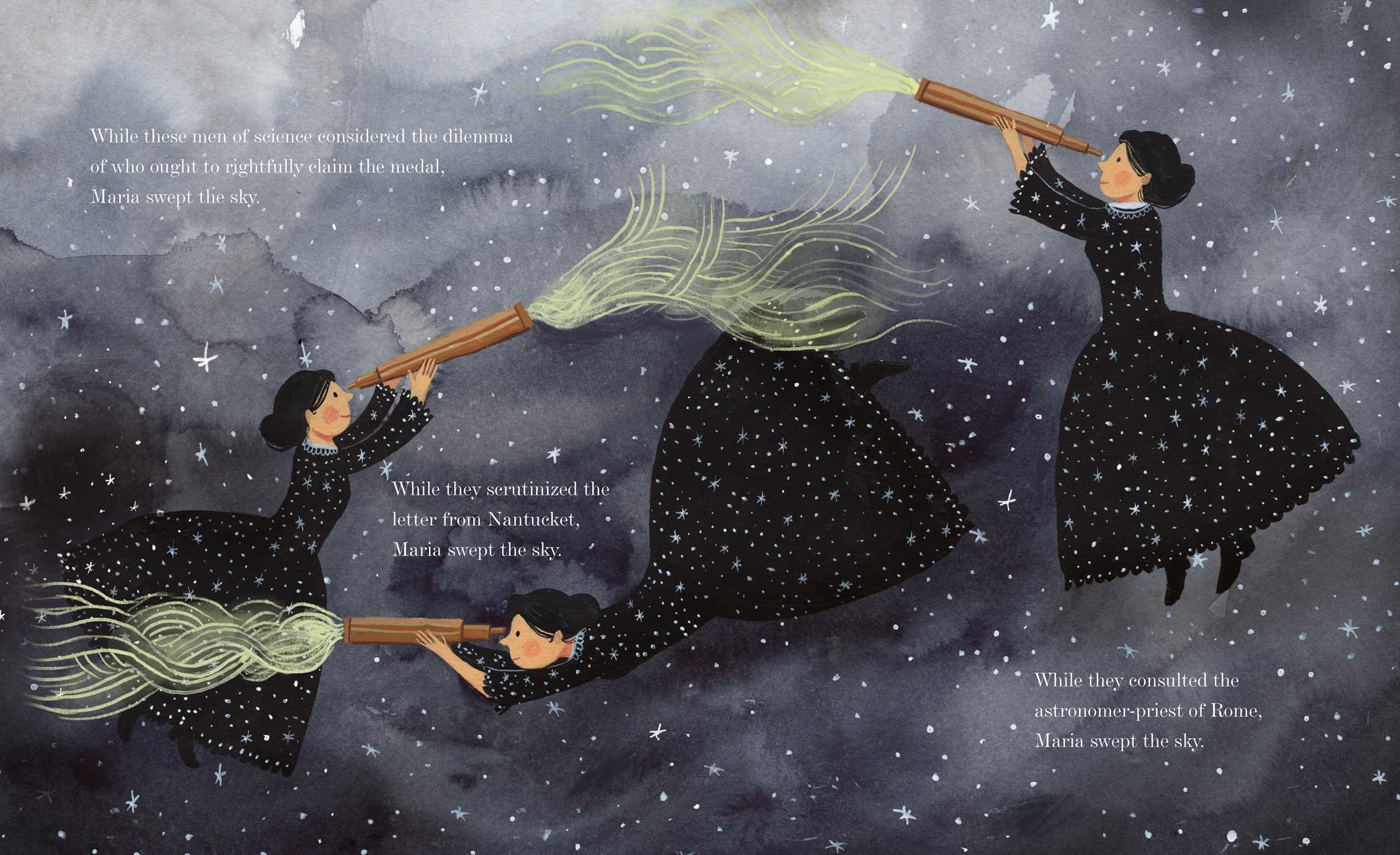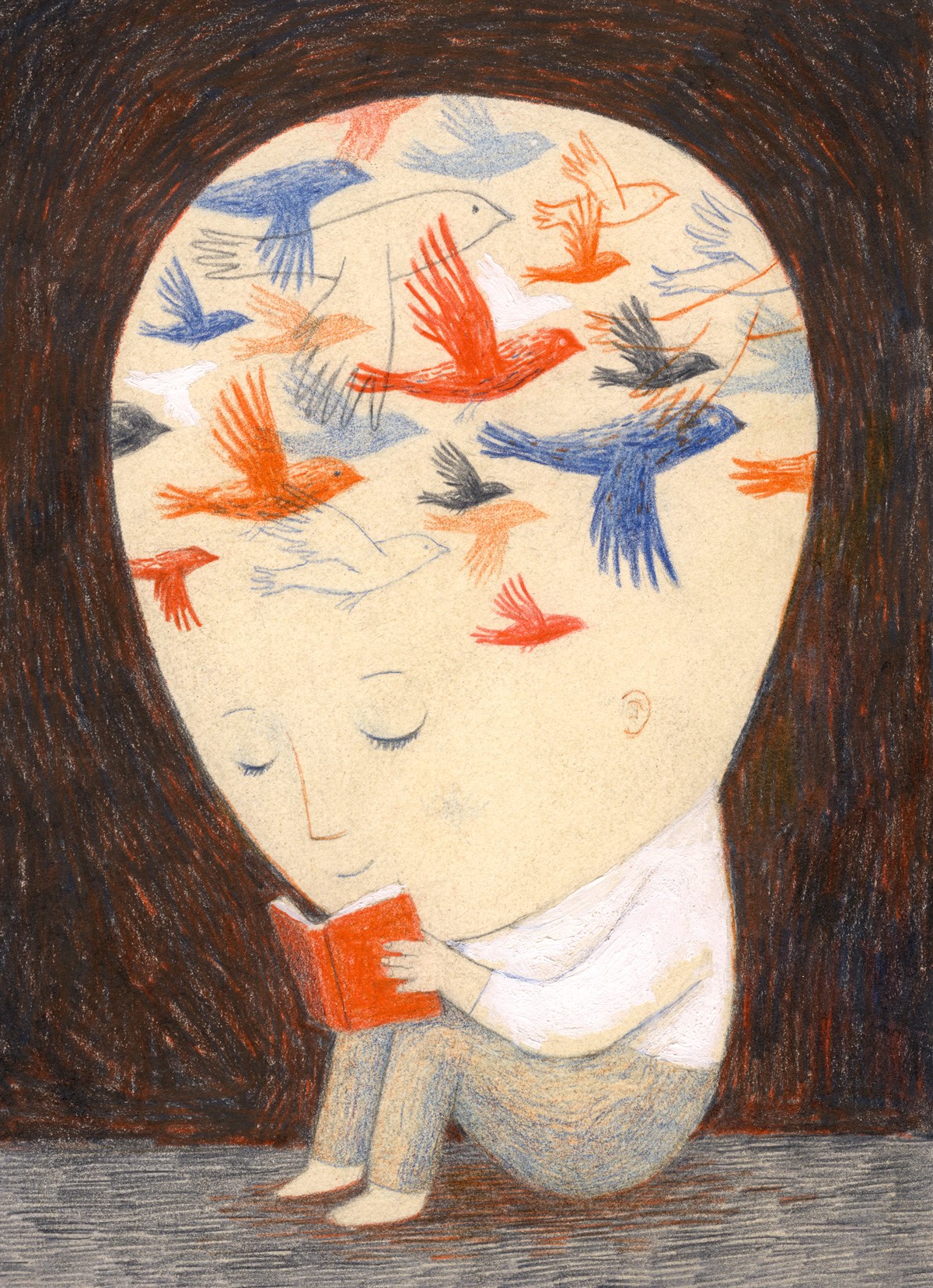All of Yiar's Comments + Replies
This talk about puzzles by a puzzle solving master might be interesting to you. Recommendation by Jonathan Blow (who made Braid and the Witness): https://youtu.be/oCHciE9CYfA?si=9ZtETH1_a8pM3l8e
I recommend watching the full thing but I associated the post above to this interesting idea from the beginning of the video:
(1) Eureka moments are the atoms of puzzles. Eureka: A sudden, pleasureful, fluent, confident feeling of understanding. Insights
…
(6) Interesting truths are the root of surprise.
(7) Eureka is not Fiero. Fiero: the emotion of overcoming a tough ...
I think it depends a lot on the game and on the quality of the digital version. This game and Through the Ages (by the same devs) do have really good digital implementations that are a joy to play on tablets (that’s what I’ve tried).
Yet there is definitely something awesome about the tactility of real tiles over touch screens. But having to explain and double check rules instead of getting feedback from the digital system is actually not very energizing for me.
This is one of the reasons I hope something like dynamicland.org will make it, then we could potentially get the best of both worlds 🙂
The digital version makes the second half a lot quicker, so maybe that’s enough? 🙂
The Crew. One of the few good cooperative games. You can’t speak during a round and have only a few ways to communicate to solve the puzzle together. The campaign adds complexity over time to make it stay interesting as the group learns the tricks of the game.
Mindbug. Made in part by the creator of Magic the Gathering, but made much more accessible to play with new people. Still, it is really deep. The core idea of mind bug is that you can take control of the card the other player wants to play (with your mind bug), this creates a lot of mind games a...
Mage Knight has an excellent steam workshop mod for Tabletop Simulator which I highly recommend! 🙂 Automates some things so you can focus on the most fun strategy. Amazing 1-player game, but also fun at 2-players.
Strongly second Great Western Trail. Very fun and replayable 🙂
Sort by susd recommended + desired category on this website:
Agreed!
I actually didn't reflect about her having makeup. I recall (but hopefully don't misrepresent in my paraphrasing) Julia Galef discussing that a society where people wear makeup is perhaps a more fair option since the difference between the most and least naturally beautiful people would be smaller then. I haven't thought deeply about this, but in that case, wearing makeup might be the rational thing to do. However, regarding the appraisal that the artwork represents the woman's beauty more than her strength, I can totally see how that reinforc...
As I reread this short essay on teaching I came to think of this article, e.g. the importance of targeting the metric of really trying to live up to what one teaches, to stay on track as a good teacher. So I thought I'd link it here if anybody is interested in a similar perspective but differently communicated.
Would be interesting to use this framework for articles on LessWrong. Most people don't spend time arguing why they downvote or upvote posts. It would be useful to know that the community e.g. had downvoted a post mostly based on e.g. enjoyability, robustness, or novelty. There are probably many other ways one could measure, but this one still seems simple yet very useful.
One could of course post one's ranking using text as a comment, but that doesn't aggregate the community's judgment effectively.
Similar to other media, some works are designed better and some worse. For example games like Outer Wilds and The Witness doesn’t try to make you addicted, a lotus-eater.
Instead of having the policy to shut the whole medium out (I’m not saying that you are just because you quit CS:GO), I'm instead trying to make a conscious effort to find the better alternatives that don't addict me.
I'm not saying that games on average do this well, but I think there is potential for really good experiences from using the dynamic interactive medium for many things, e...
If you liked this post you’d probably like this facebook post that Ozzie wrote recently on a similar topic:
https://www.facebook.com/722750362/posts/10165839328500363/?d=n
Thanks for the initiative! I’m interested! 🙂 It’s easy to mostly look at the new posts, but probably more important for me to think deeper and transfer the ideas in classic posts to my current adventures!
This framework reminded me of this quote from Bret Victor's talk "The Humane Representation of Thought" (timestamp included in link)
I've transcribed it approximately here (with some styling and small corrections to make it easier to read).
"There are many things, especially kind of modern things that we need to talk about nowadays which are not well-represented in spoken language.
One of those is systems. We live in an era of systems:
Natural systems:
- Environment
- Ecosystems
- Biological systems
- Pathological systems
- etc
Systems that we make:
- Political
Thanks for this clear framework, it's really useful for me right now!
I haven't read Kahneman's book 'Noise' yet, just listened to a podcast episode where he described how it is important to distinguish between noise and bias. I'm curious if that distinction is important in this framework and if I should read "Bias (Noise)" as "Bias & Noise" or something else instead?
Hi, not sure where to write this but something happened to this post. Curious to read it but it looks like this right now for me:

”The further from shore, the deeper the ocean.”
(shore is pronounced like ’sure’)
Not sure if it fits this image but I liked this quote which was mentioned on EconTalk.
One could frame this as a need for more media that is both yummy and true/useful. Since there is statistically so much yummy media that isn’t true/useful we might gain the (somewhat false) intuition that yummy is a good signal for not true/useful. But that’s how the world is now, not necessarily how it should be. Sam Rosen had a similar argument on the Clearer Thinking podcast (timestamp in the link): https://overcast.fm/+kgCChiF9A/1:29:39
Products and content can be designed without the effect of addicting you, without making you a lotus eater (https://www...
Glad you liked it! 🙂 Yeah, I love it when they add instrumental versions 😃
What a great song! 😃 Thanks for recommending!
Well if you like groove, here’s a little playlist I put together of groovy goodies https://music.apple.com/se/playlist/groovy/pl.u-pRomsWXGVP0?l=en
I love ’Be Real’ by Rasmus Faber & Metaxas https://open.spotify.com/track/4PEbNdnFtpko90iC0W9I2u
Perfection is probably not possible to find, but for me this song ticks many important boxes:
Meaningful aesthetic lyrics (even fairly rationality aligned) without being too vague. E.g. ”I forgot what you need, you forgot how I feel, I just want to be real with you”,
Not too complicated harmonies so most people probably enjoy it without a trained ear, which makes it easier to recommend to many people.
Well produced, though timbre of the sounds is seldom perfect...
Thanks for your explanation from your search for tighter concepts! Also thanks for putting in the effort into making it yummy for us to read! 🙂
I’m very curious about understanding modeling better too! I’m wondering what you think about the REDCAPE (Reason, Explain, Design, Communicate, Act, Predict, Explore) classification of what models are useful for, from the book The Model Thinker. What other classifications have you found useful? 🙂
About 8 years ago, as I was in the transition of updating from music education to psychology and computer science (thanks to Rationally Speaking and LessWrong ♥️ ), I tried to make music with higher utility for a while before I started prioritizing paths with more potential social impact. I mostly explored for good ideas so most tunes are not fully formed yet. Also, I didn't polish them to a releasable quality, but now that I got distance from it I thought that maybe somebody here would enjoy some of the more promising attempts. 🙂
Playlist (YouTube, Apple Music) of tunes from various genres with mostly reasonable lyrics, but as you say one might need to steel woman & make some creative interpretation to make the connection clear. There are better ways to boost motivation, but listening to these songs for a while serves as a complementary source of motivation on days when I need it. 🙂
Some sneak peeks:
- The tune 'Be Real' has lyrics "Sometimes I doubt the words you say. I forgot what you need, you forgot what I feel, I just want to be real with you." - Scout Mindset, Seeking
These books come to mind, and might interest you:
Wired to Create - https://scottbarrykaufman.com/books/wired-to-create/
Problem Solving: Perspectives from Cognition and Neuroscience - https://www.amazon.com/Problem-Solving-Perspectives-Cognition-Neuroscience-ebook/dp/B01N03PCGH/ref=sr_1_1?dchild=1&keywords=Problem+Solving.+Perspectives+from+Cognition+and+Neuroscience&qid=1627400134&s=digital-text&sr=1-1
(Sorry about long links, was on mobile and couldn’t find way to make labeled links 🙁 )
I think you’re onto something. A scout mindset alternative way to frame this issue was done by Spencer Greenberg at the end of this episode, which might help. https://overcast.fm/+kgCDP0iz4/1:03:25
tl;dr Encourage the good parts of creative ideas and be supportive, instead of only shooting down creative ideas. Yet encourage the person to have a scout mindset, so they learn more effectively.
Some of it might be expectations. In my experience people are often not comfortable showing projects that are not sufficiently done yet, perhaps because the system is set...






Also, I’d recommend thinking about learning in terms of the principles at Sparkwave’s 10 Conditions for Change. How to set up a design that aid oneself to actually do these demanding but effective learning behaviours, is key.
Another book related to this is Ultralearning by Scott Young.
Have not read all chapters thoroughly as I’ve learned about many of these principles elsewhere, but this book seem to include most of the learning concepts you mention, as well as some of the CFAR concepts such as Turbocharging, Overlearning, Tutoring Wheel, and so on. I recall the author of Learning how to Learn calling it the best book on learning, so it might interest you! 🙂
I've been listening to the book with an iOS app called Voice Dream Reader, with the voice Amy from Ivona. It's the best quality voice I've found for iOS and it let's me listen to all my ebooks. A real voice is probably better, but I got used to the voice in no time and now enjoy stimulating my mind while I e.g. go to school. Greatly recommended!



I use ProtoTyping: https://github.com/pnutus/ProtoTyping
How it works:
Capslock as modifier, hold it to use right hand for:
ijkl like wasd where:
i : to move cursor one row up
k : one row down
j : one character left
l : one character right
————————
u : one word left,
o : one word right,
h : to go to beginning on line,
key right of L : to go to end of line.
————————
Then also use modifier with left hand at the same time as Capslock to:
s : selecting text with movement commands described above. E.g. Capslock + s + o, to select the next word.
d : deleting text with movement... (read more)